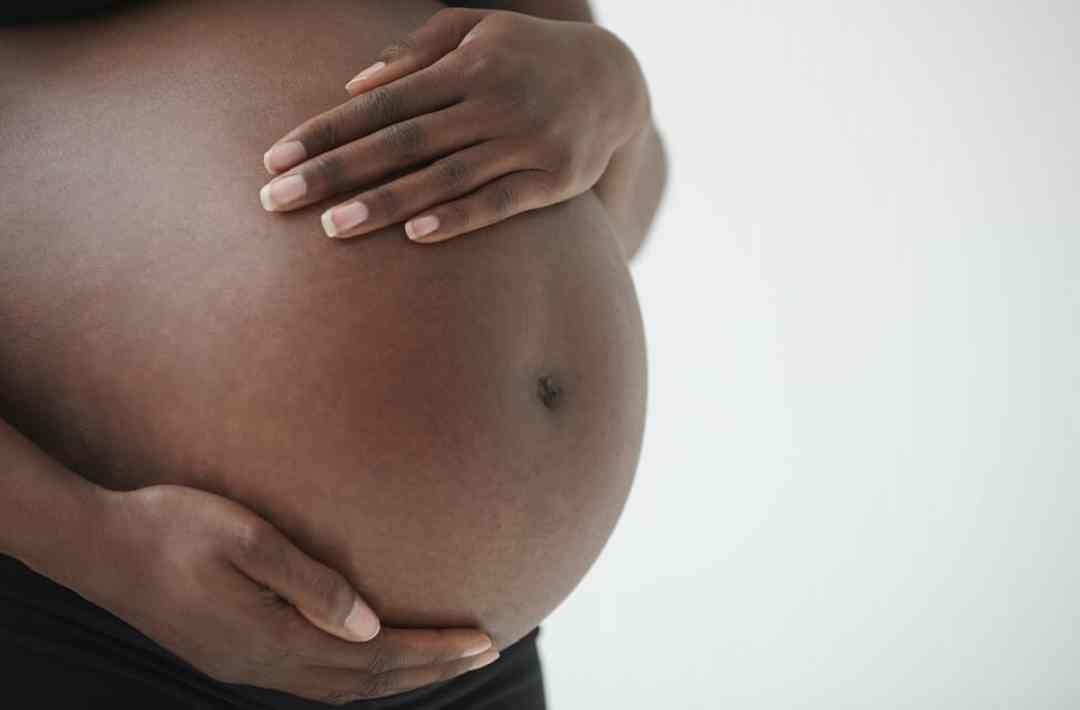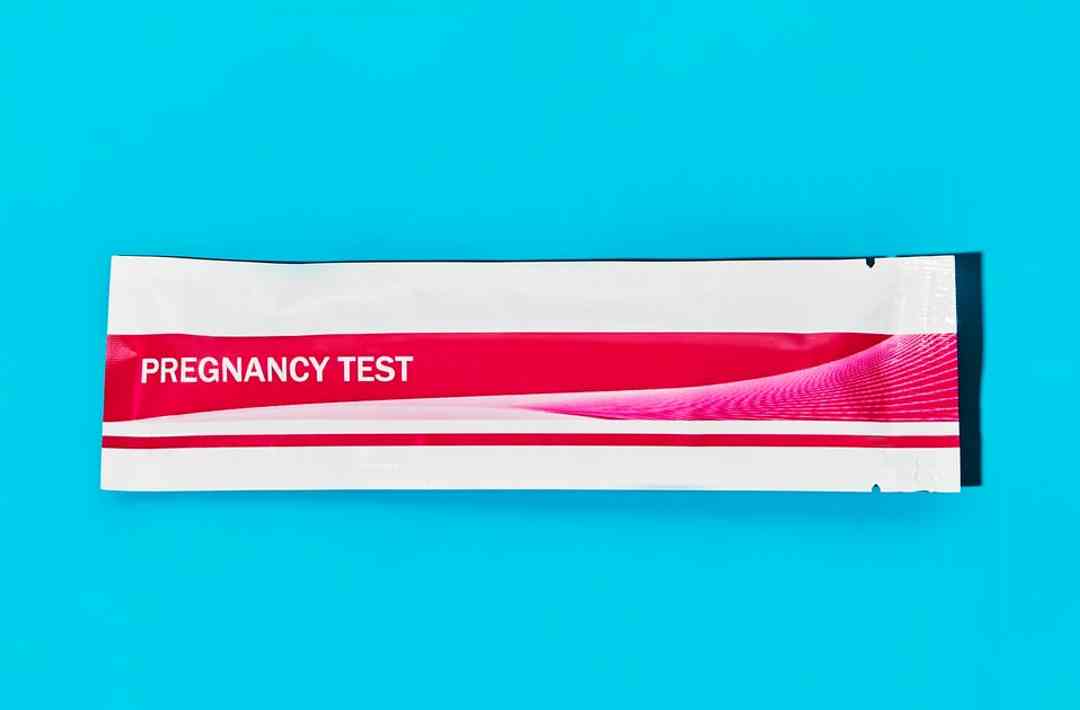Despite the glossy maternity shoots and glowing skin touted by the internet, pregnancy can take a lot out of birthing parents, both emotionally and physically. And while most people are aware that pregnancy involves weight gain and maybe pregnancy nose, there’s also a slew of physiological changes that can impact a person during their pregnancy.
Recently, there’s been talk from Twitter users diving into these lesser-known impacts of pregnancy. One user tweeted, “I had a woman today tell me she had no idea that being pregnant can permanently harm your body and I can’t help wondering which part of this is personal ignorance or a societal lie and glorification of pregnancy.”
Certainly, pregnancy is risky — especially given the United States’ high maternal mortality rate, with NPR and ProPublica reporting that “American mothers die in childbirth at a higher rate than mothers in all other developed countries.” More alarmingly, when looked through the lens of race, Kaiser Family Foundation reports that Black and Indigenous women have pregnancy-related mortality rates three and two times higher, respectively, than white women.
But even if all goes smoothly, pregnancy can still take a lot out of someone — literally. For example, one Twitter user pointed out: “A woman on the clock app said when she was pregnant two of her teeth just crumbled out of her mouth????” And the comments section flooded with the same explanation, suggesting that babies “steal your bones and nutrients” during pregnancy.
POPSUGAR spoke with board-certified gynecologist and surgeon Shaghayegh M. DeNoble, MD, FACOG, to find out how exactly growing another human can alter your body.
Can Pregnancy Affect Your Bones?
According to Dr. DeNoble, it is possible for the fetus to “steal” — or at least siphon off — the birthing parent’s bones, especially during the third trimester when fetal bones grow the most.
“If the pregnant person is not getting enough calcium through nutrition and vitamins, then the calcium needed to grow the fetus’s skeleton will be drawn from the mother’s bones,” Dr. DeNoble says. However, it’s important to note that this bone thinning is temporary and restored in the months following birth.
Additionally, Dr. DeNoble notes that “there are changes that occur in pregnancy to protect the mother’s bones. For example, a pregnant person is able to absorb more calcium from food and vitamins than someone who is not pregnant. Estrogen is also increased during pregnancy, which helps to strengthen bone.” According to Dr. DeNoble, research shows that pregnancy does not increase risk for future osteoporosis for adults, “although some could be at risk for fragility fractures during pregnancy.” For teenagers who are pregnant, however, there is a high risk for developing osteoporosis later in life, as teenagers themselves are not done growing.
A simple solution? Make sure you consume enough calcium during pregnancy through diet and vitamins, Dr. DeNoble says. The American Pregnancy Association recommends 1,000 mg of calcium a day for pregnant and lactating adults and 1,300 mg for pregnant and lactating teens.
How Else Can Pregnancy Affect Your Body?
In addition to bone thinning, there are also other symptoms to be aware of during pregnancy. In addition to more well-known experiences like morning sickness and enlarged breasts, a parent’s body will also change internally throughout pregnancy.
Notably, the cardiac system adapts to accommodate the growth of the fetus. Blood volume increases by about 50 percent, the heart size increases slightly, and the heart rate rises while blood pressure dips slightly — all to ensure the fetus receives enough blood flow, oxygen, and nutrients, Dr. DeNoble says. It’s likely the parent will feel shortness of breath, a racing heart, dizziness, and an increased urge to urinate, as these are all common side effects of the aforementioned cardiovascular changes.
There’s also a slew of other lesser-known pregnancy symptoms you could experience. For example, ligaments throughout the body soften as a hormone called relaxin increases, Dr. DeNoble points out.
“This can cause joints to loosen especially in the pelvis, which can affect the way the pelvis feels with walking and sitting. This also causes separation of the pelvic bones and, when significant enough, can cause significant pain,” she says. A pregnant person’s feet can also grow due to softening of the ligaments.
What’s more, hormones can also impact the GI system, causing acid reflux, gas, constipation, and bloating. A heightened sense of smell, common during pregnancy, can also play into your symptoms, causing nausea and food aversions, Dr. DeNoble notes.
Finally, she says that pregnancy can impact sight. “Vision can get blurry during pregnancy due to water retention causing thickening of the cornea, as well as increase in the fluid pressure within the eye.” There are also other serious conditions in pregnancy (like preeclampsia) that can cause vision changes, so if you notice any changes in your eyesight, Dr. DeNoble recommends seeing your doctor right away to talk about symptoms.
Are Changes During Pregnancy Permanent?
Thankfully, very few of these bodily changes during pregnancy will stick with you postpartum, though Dr. DeNoble notes that increased foot size can be permanent, as well as stretch marks.
In addition, the pelvic floor can become permanently weakened due to pregnancy, causing bladder symptoms, incontinence, and sensation of pelvic pressure. However, with physical therapy and pelvic-floor exercises, pelvic-floor issues can be reversed, Dr. DeNoble says.
There are some benefits to the body during pregnancy as well. Many people grow thicker, shinier hair, and nails often grow faster and stronger. It’s also possible that menstrual cramps become less severe after pregnancy.
More importantly, Dr. DeNoble says, “Pregnancy lowers a woman’s risk of ovarian, breast, and uterine cancers. This is because when you don’t ovulate during pregnancy, you have less exposure to the hormones estrogen and progesterone.”


